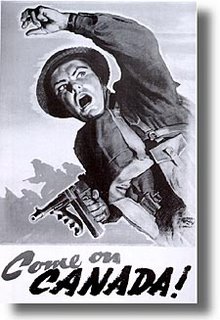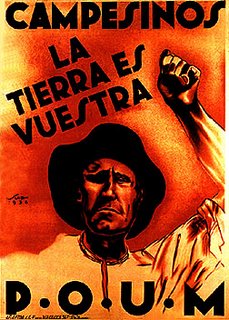The Nuttiest Professors In the World Agree. . .
 We’re all a bunch of dupes. The World Trade Towers were really brought down by some kind of elaborately-executed and carefully controlled series of demolitions. So say the "Scholars for 9/11 Truth," and the story has been
We’re all a bunch of dupes. The World Trade Towers were really brought down by some kind of elaborately-executed and carefully controlled series of demolitions. So say the "Scholars for 9/11 Truth," and the story has beenzooming around the blogosphere and the message boards for the past three days, exciting the credulous and confirming tinfoil-hat-wearers in their deepest suspicions.
I see our Verbena had the good sense to just post the claim and ask for comments on it, and Polunatic properly describes the press release itself as the work of “conspiracy nuts.”
What I find fascinating is the deft and cunning misrepresentation of the credentials attributed to the “influential group of prominent experts and scholars” behind the astonishing findings:
Morgan Reynolds, Texas A & M Professor Emeritus of Economics, former Chief Economist for the Department of Labor for President George W. Bush, and former Director of the Criminal Justice Center at the National Center for Policy Analysis.
Reynolds is actually an off-the-deep-end economist (beloved of the nutcases over at LewRockwell.com) who also says there’s something fishy about the whole Jetliner-Crashes-Into-Pentagon story, too: “It is well-known that the hole in the west wing of the Pentagon, less than 18-foot diameter, was too small to accommodate a Boeing 757.” Hmm. . .
Robert M. Bowman, former Director of the U.S. "Star Wars" Space Defense Program in both Republican and Democratic administrations, a former senior Air Force Colonel with 101 combat missions, who is also a Catholic Archbishop.
Indeed, Bowman appears to have had something to do with some government office, back in the days of Jimmy Carter and Gerald Ford, which may well have mutated into the “Star Wars” office Ronald Reagan set up years later. But a Catholic Archbishop? Well. . . actually. . . not the Roman Catholic kind of archbishop. Bowman’s with something called the United Catholic Church, which has its Vatican in the town of Melbourne, Florida. And he appears to be the only archbishop they’ve got. Here's a funny picture of His Grace Archbishop Bowman wearing a great big hat.
Lloyd DeMause, Director of The Institute for Psychohistory, President of the International Psychohistorical Association and Editor of The Journal of Psychohistory.
That's the same psychohistorian Lloyd DeMause who says incest has always been a fairly normal human custom and the Holocaust was the result of German parents calling their kids bad names and stuff.
James H. Fetzer, Distinguished McKnight University Professor of Philosophy at the University of Minnesota, Duluth, author or editor of more than 20 books and co-chair of S9/11T. . .
. . . including the book that shows how we’ve all been lied to about the assassination of John F. Kennedy all these years: The Great Zapruder Film Hoax: Deceit and Deception in the Death of JFK.
For such an impressive bunch of influential and prominent experts and scholars, you'd think they could have found at least one nutty engineer or something to explain how it was that armies of people in hardhats were carrying dynamite in and out of the World Trade Centre and drilling holes in walls and stuff for weeks on end, and nobody noticed. But no.
Goofs.














